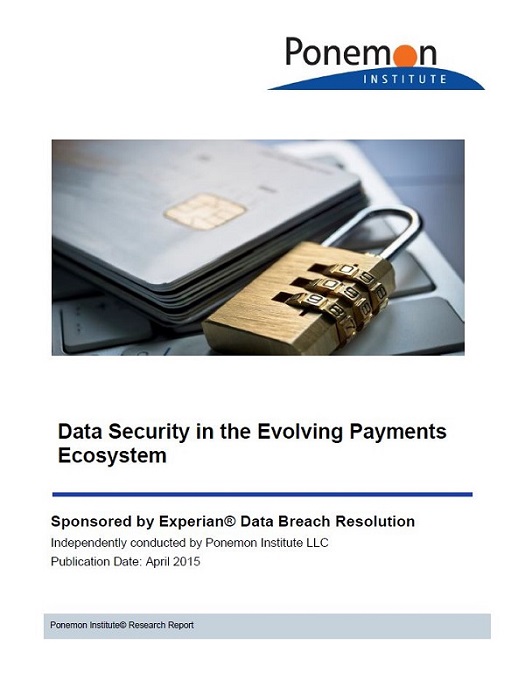Featured
Featured

 Some of my fondest memories on road trips as a child were the games we were able to play. I’m sure many kids played “I Spy” and did “Sing-a-longs,” but my go-to game was “Slug Bug” (It’s a game where you get points for spotting a Volkswagen Beetle). While it’s been quite some time since I’ve played the game, I still find myself very aware of the different types of vehicles around me.
Some of my fondest memories on road trips as a child were the games we were able to play. I’m sure many kids played “I Spy” and did “Sing-a-longs,” but my go-to game was “Slug Bug” (It’s a game where you get points for spotting a Volkswagen Beetle). While it’s been quite some time since I’ve played the game, I still find myself very aware of the different types of vehicles around me.

 Health information security breaches and identity theft have become an epidemic with losses occurring across the country.
In fact, according to a recent Ponemon Institute study sponsored by the Medical Identity Fraud Alliance, medical ID theft has increased by 21.7 percent since 2013. Additionally, data from the Department of Health and Human Services indicates that health data on more than 120 million people has been compromised in more than 1,100 separate breaches since 2009.
Health information security breaches and identity theft have become an epidemic with losses occurring across the country.
In fact, according to a recent Ponemon Institute study sponsored by the Medical Identity Fraud Alliance, medical ID theft has increased by 21.7 percent since 2013. Additionally, data from the Department of Health and Human Services indicates that health data on more than 120 million people has been compromised in more than 1,100 separate breaches since 2009.

 With rising insurance costs, deductibles and copays, some people struggle to afford the out-of-pocket expense that can come with seeking medical treatment. Because of this, some consumers decide not to seek treatment, which could have negative effects on their health and overall well-being.
With rising insurance costs, deductibles and copays, some people struggle to afford the out-of-pocket expense that can come with seeking medical treatment. Because of this, some consumers decide not to seek treatment, which could have negative effects on their health and overall well-being.

A recent study conducted by Experian showed that a majority of vacationers overspend their budgets and rely on credit cards to provide extra funds. At the extreme end, more than half of millennial vacationers (52 percent) lean heavily on their credit cards, racking up vacation debt they’ll be repaying long after their trip comes to an end.

 The following article is a guest post from, John C. Linfield, Executive Director at the Institute for Financial Literacy
At the end of “Financial Literacy Month” here in the United States, it seems appropriate to take a moment and think about why we should become financially literate, and how we can use that to stay on track for the long term.
The following article is a guest post from, John C. Linfield, Executive Director at the Institute for Financial Literacy
At the end of “Financial Literacy Month” here in the United States, it seems appropriate to take a moment and think about why we should become financially literate, and how we can use that to stay on track for the long term.

At Experian we believe that data is good. Good for our economy, good for consumers and good for society. Analytics and technology designed to help marketers put their data to use and become truly customer-centric is just one example of using data as a force for good. The following column was written by Emad Georgy, senior vice president of development and global head of development at Experian Marketing Services, as part of a “Data-Driven Thinking” series for AdExchanger.

 The following article is a guest post from Laura Levine, president and CEO of the Jump$tart Coalition for Personal Financial Literacy®
As we wrap up another Financial Literacy Month, it’s fun to look back at how far we’ve come; important to look forward at how much further we have to go; and compelling to look closely at how we’re making a difference.
The following article is a guest post from Laura Levine, president and CEO of the Jump$tart Coalition for Personal Financial Literacy®
As we wrap up another Financial Literacy Month, it’s fun to look back at how far we’ve come; important to look forward at how much further we have to go; and compelling to look closely at how we’re making a difference.

